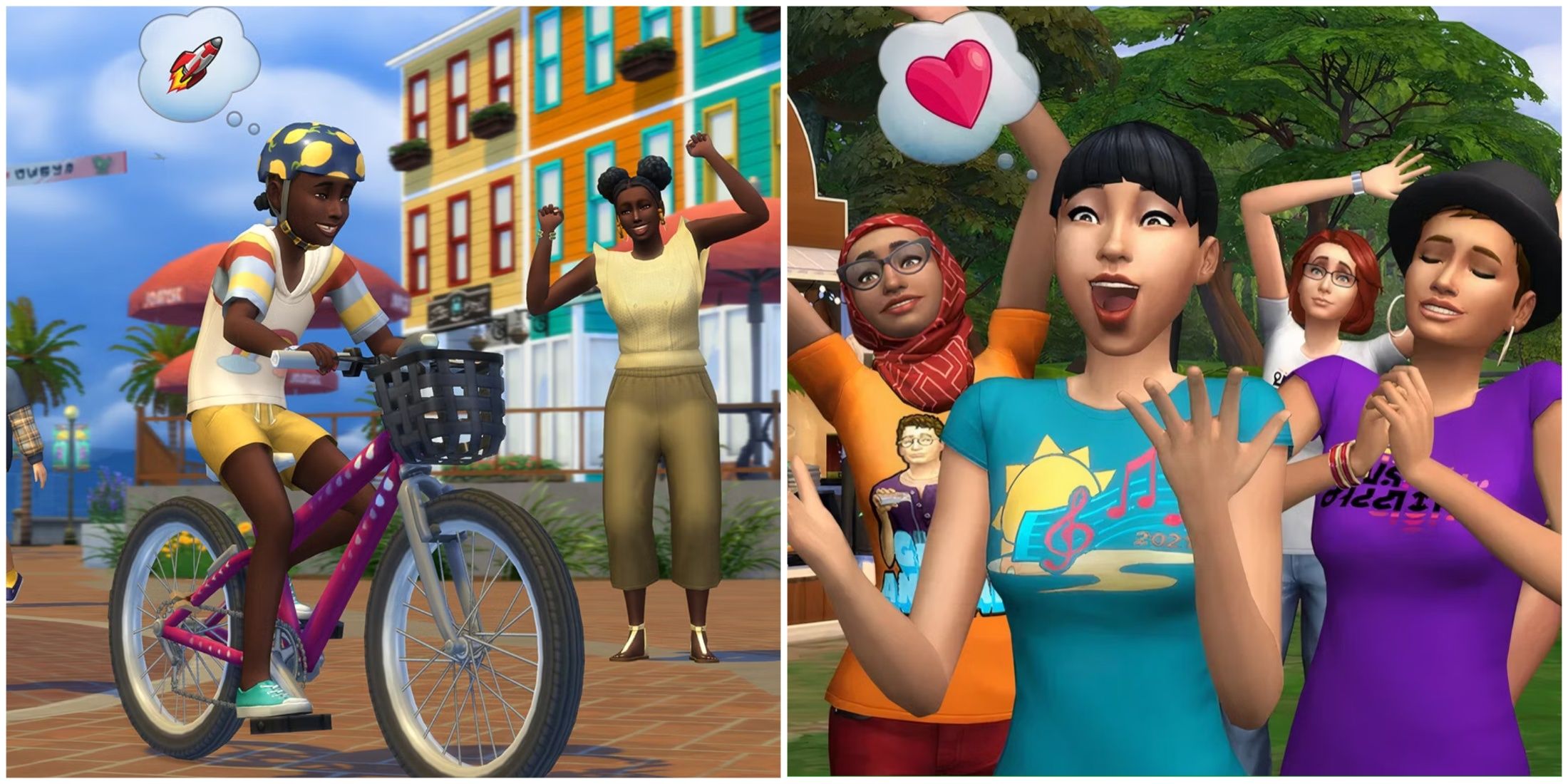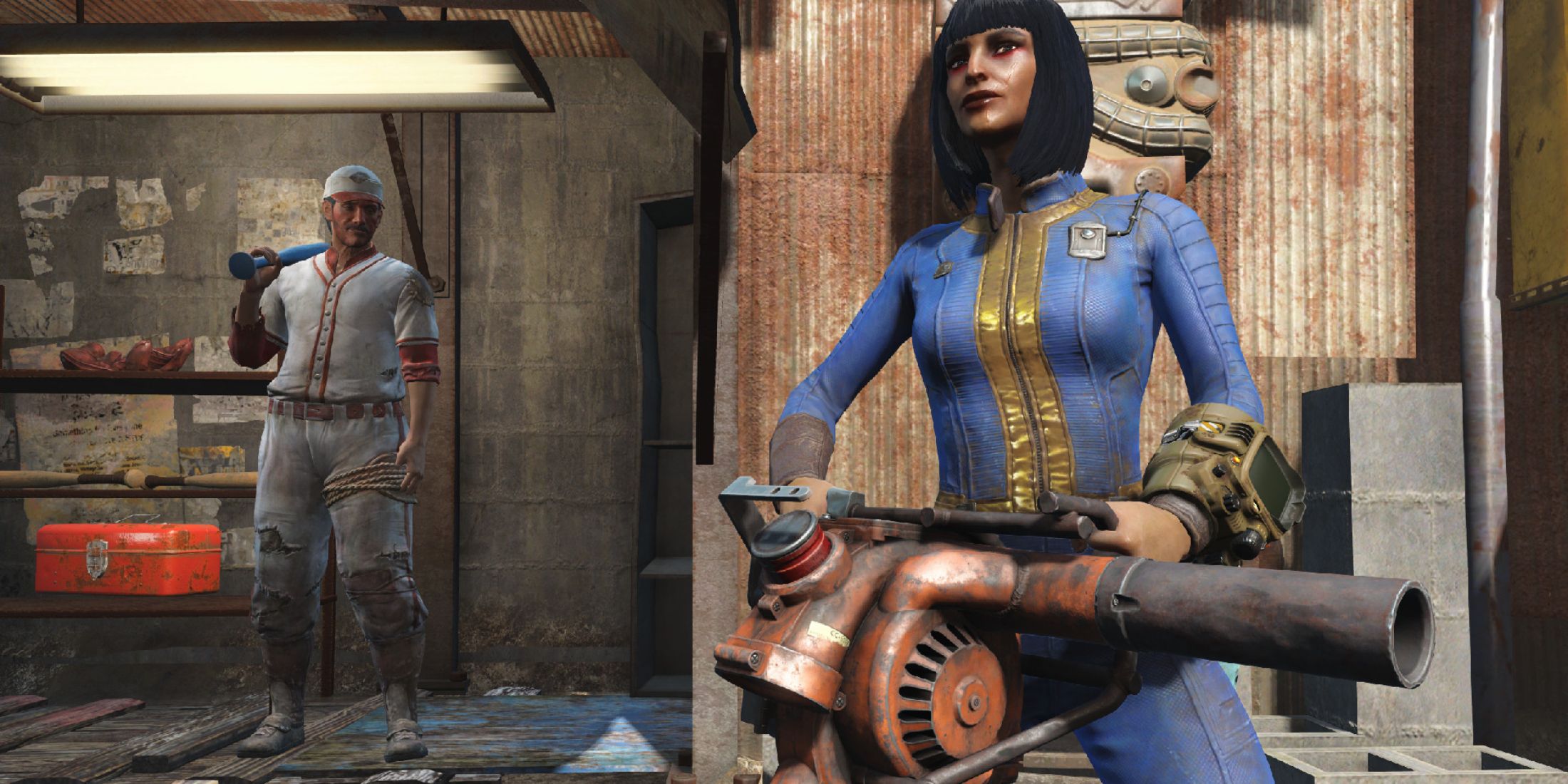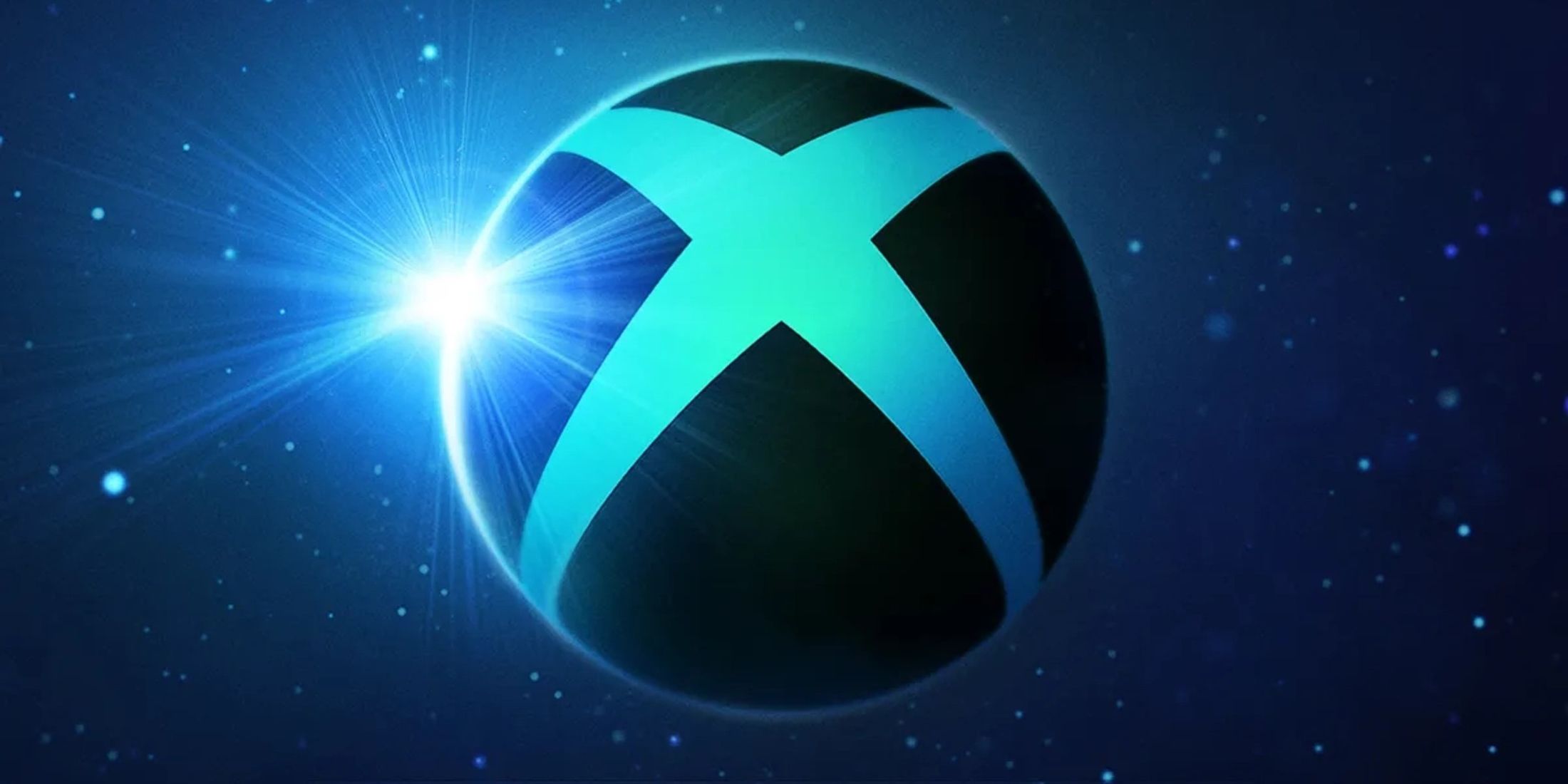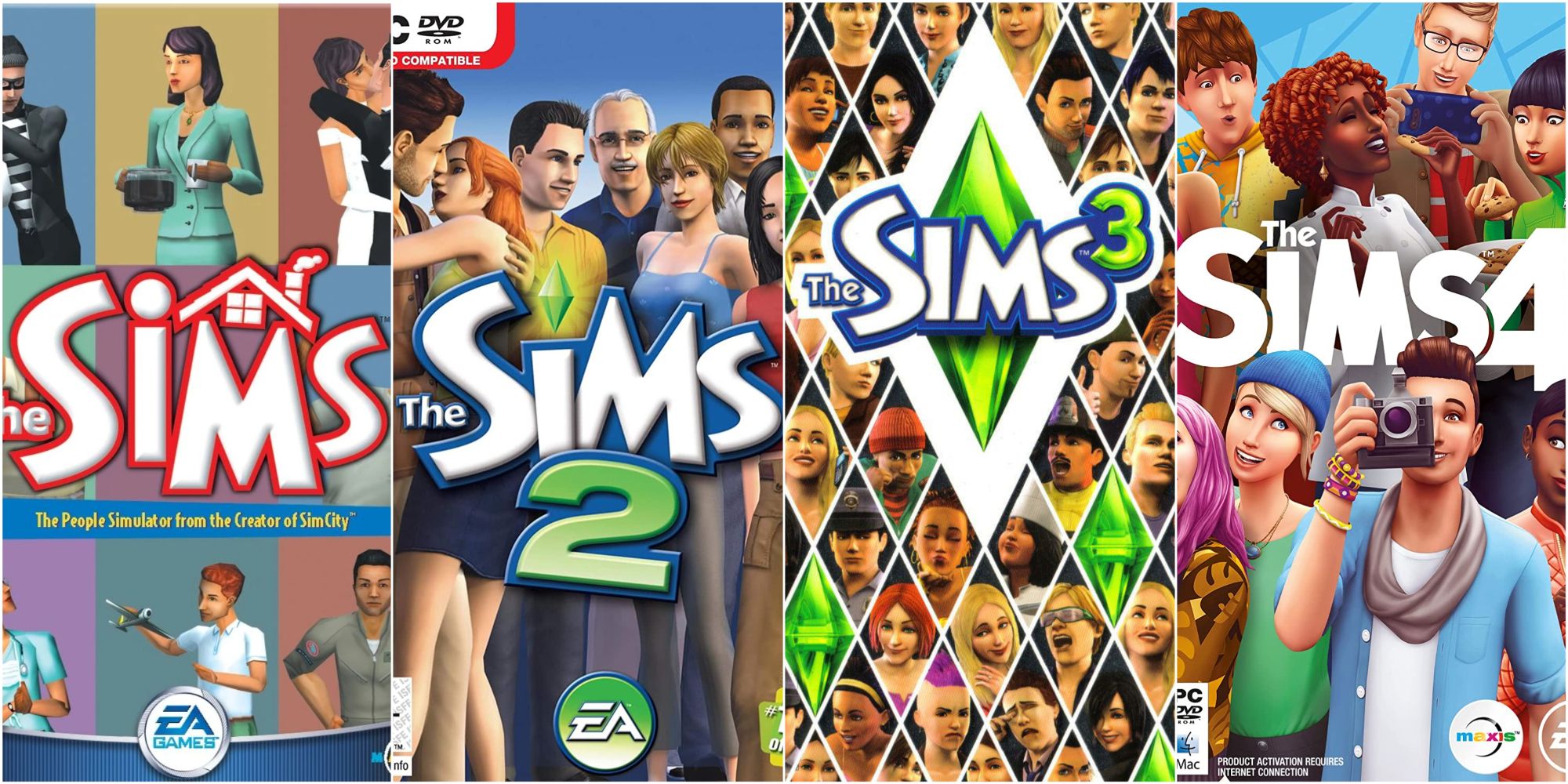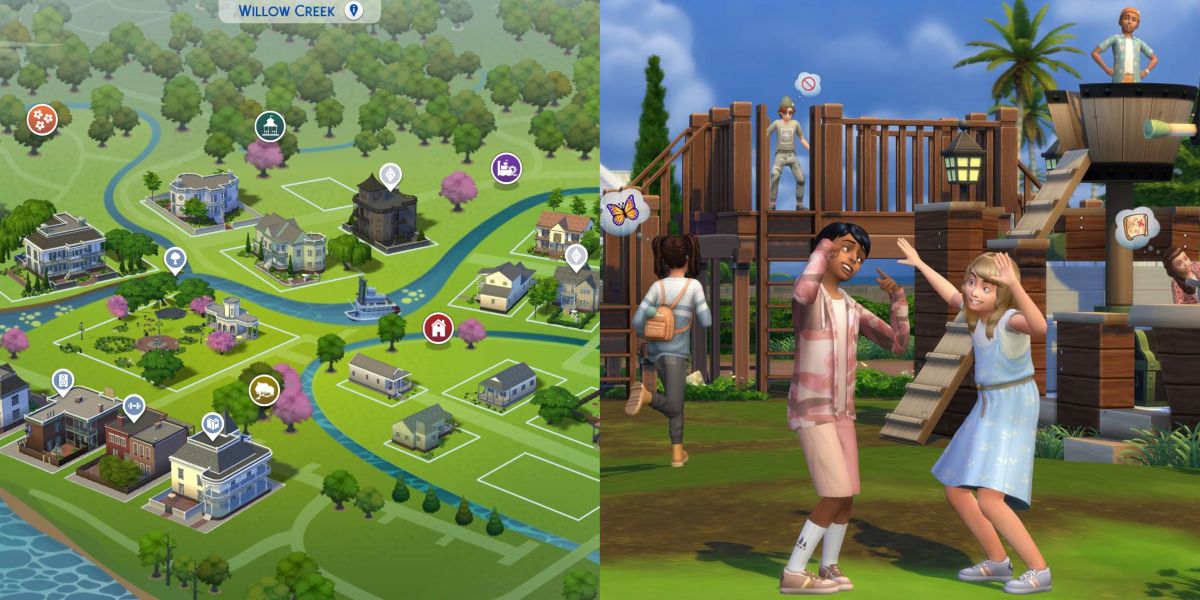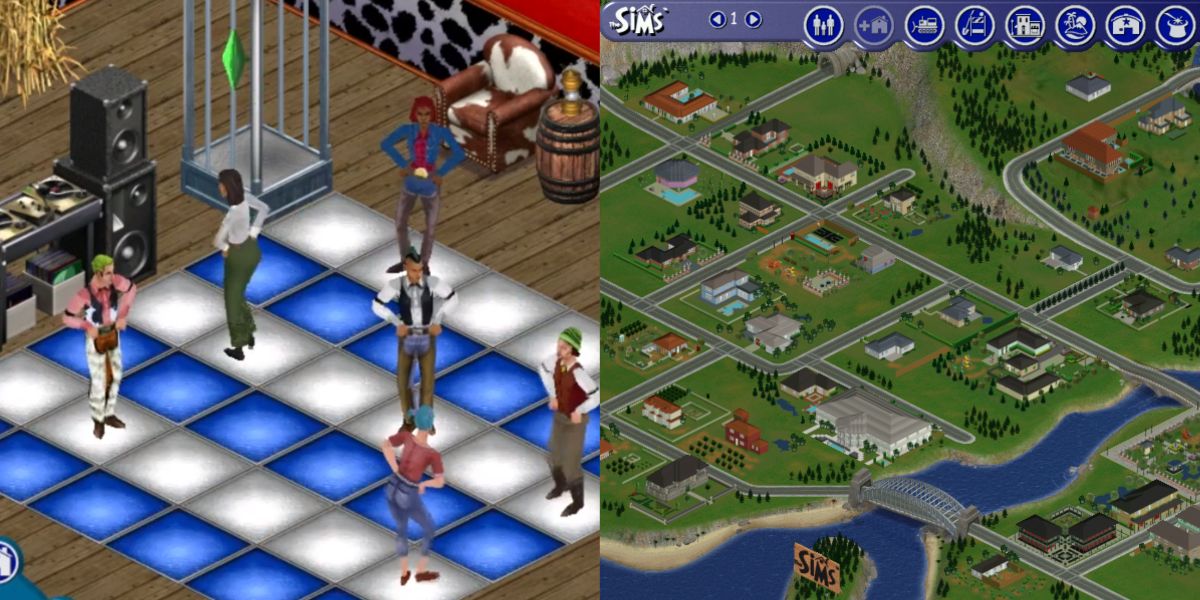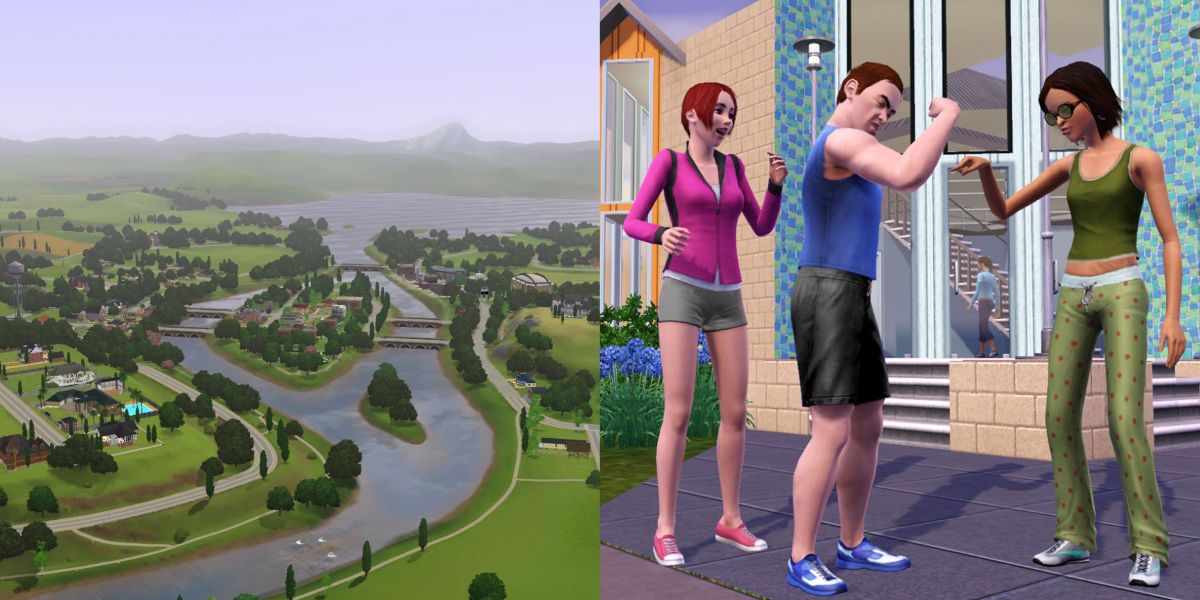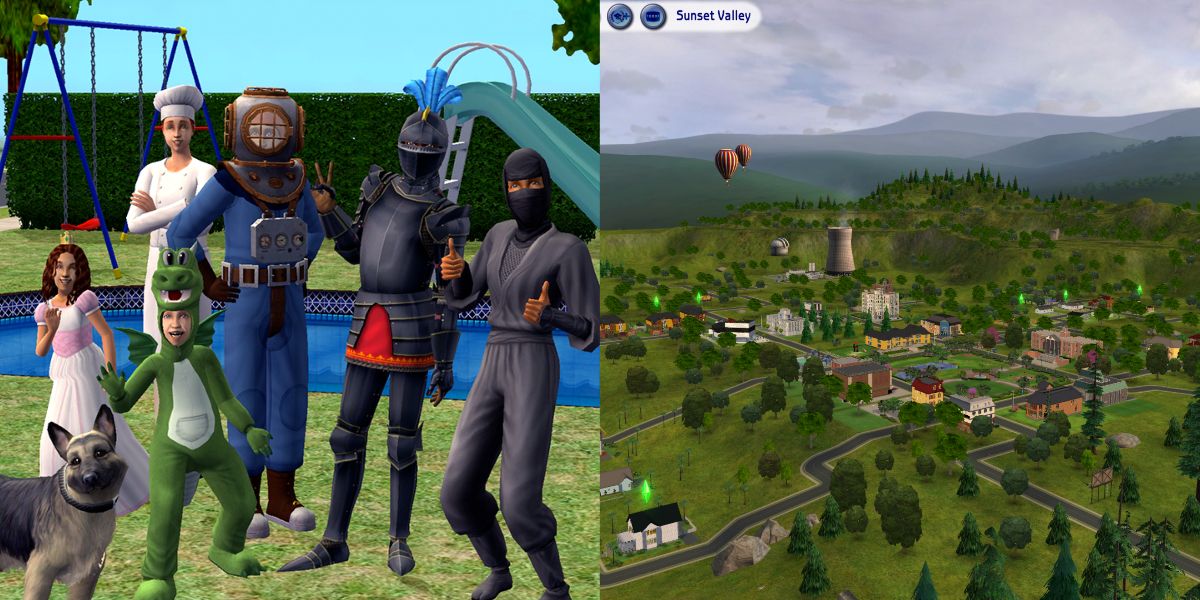The Sims is one of those gaming series that has a rather complex legacy. While non-players may dismiss its importance, those who are familiar with the franchise recognize its immense cultural impact. With its first game released in 2000, The Sims has grown and developed alongside much of its player base to become a series of gigantic proportions.
However, unlike other behemoth franchises, The Sims only has four core generations to its name. Each successive iteration, released in 2004, 2009, and 2014 respectively, has built upon the successful foundation of the original. Even now, a fifth game is already in development. But not all Sims games are created equally.
4 The Sims 4
In big franchises like these, it can be surprising to see the newest release ranked so lowly among its peers. But, unfortunately, The Sims 4 just has too many drawbacks to deem it worthy of a higher position. Though its ever-growing catalog of expensive DLC improves many of its flaws, it lacks many of the key elements that Sims fans love.
Significant features from Sims 3 are stripped away which greatly reduces the customization abilities of the world. Certain NPCs and their related in-game events, such as burglars and social workers, are also omitted. Sims 4 doesn’t feature any vehicle capabilities either, making an already divided world feel even smaller. Add to that the high cost of the game’s more than 30 DLC, and it's no wonder many fans felt a little ripped off.
That’s not to say that Sims 4 is all bad, of course. There are many features in this iteration that players will love. Some of the new innovations in this game include Sim Emotions and the Gallery content-sharing system. Huge improvements in Build mode also make it much easier to craft homes, and The Sims 4 boasts the most inclusive Create-A-Sim to date.
3 The Sims
As the one that started it all, The Sims was originally a product borne out of tragedy. After losing his home to a fire, creator Will Wright was inspired to make a game in which players could build homes, manage households, and grow families in a stylized simulation of real life. He turned his concept into The Sims, which EA Games signed on to publish.
This inaugural title established many of the foundational elements that have made The Sims so successful, including the detailed Create-A-Sim mechanic, the unrestricted Build/Buy modes, and the complex artificial intelligence that drives the Sims. Its sandbox style of gameplay, kooky Simlish-speaking characters, and the freedom that it allowed its players made the game one of the most successful PC games of the early 00s.
However, there are some key limitations of this first entry in the franchise which necessitate its lower ranking in this list. The technology of the time restricted many of The Sims’ essential features, meaning that things like aging, weekends, and calendars simply didn’t exist. There was also a distinct lack of diversity in body types, skin colors, and genders.
2 The Sims 3
After the success of the first two games, anticipation for The Sims 3 was high. Not only did a version of the game illegally leak before its release, but it was an immediate commercial success and went on to be one of the best-selling PC games of all time. Sims 3 introduces many solid features that are built upon the legacy of previous Sims games.
Bringing an open-world concept to neighborhoods is one of the game’s greatest strengths, as it allows for a much freer Sims experience. In addition to doing away with tedious loading screens, this innovation also improves in-game mechanics such as cars, clock systems, and story progression. Other new features in Sims 3 include the Create-A-Style wheel, Moodlets, and the young adult life stage.
But, in addition to the new features and the improvements made on previous games, Sims 3 is also plagued by bugs and severe lag. Most computers are simply not optimized to support the game’s colossal size, and many fans have found that their saves become unplayable in the long term. The game also struggles when combined with large amounts of DLC content, which feels counterintuitive for a series defined by its expansion packs.
1 The Sims 2
As the golden child of the Sims franchise, The Sims 2 did the most with the technology available at the time and has gone on to be regarded as the best iteration for fans of the series. In terms of laying the groundwork for future games, Sims 2 did as much if not more heavy lifting than its predecessor. For many longtime Sims players, Sims 2 remains the pinnacle of the franchise and the keeper of cherished PC game nostalgia.
Sims 2 comes as close to a complete overhaul of Sim mechanics as any game has to date. It doubles the number of life stages, completely redefines family structures, and explodes the building possibilities for homes. Sims now have Aspirations, Wants, and Fears, and can age freely. The game also steps up social interactions and animations, giving it a much more true-to-life feel.
Even without its DLC, Sims 2 is still an incredibly innovative addition. However, with 18 packs, it’s perfectly achievable for most players to be able to collect them all. These packs add to the new features this generation introduces, all without breaking the bank to the extent that its successive iterations do. Yes, the loading times may be longer than most modern gamers are used to, but Sims 2’s iconic soundtrack and game-changing play more than makeup for it.

